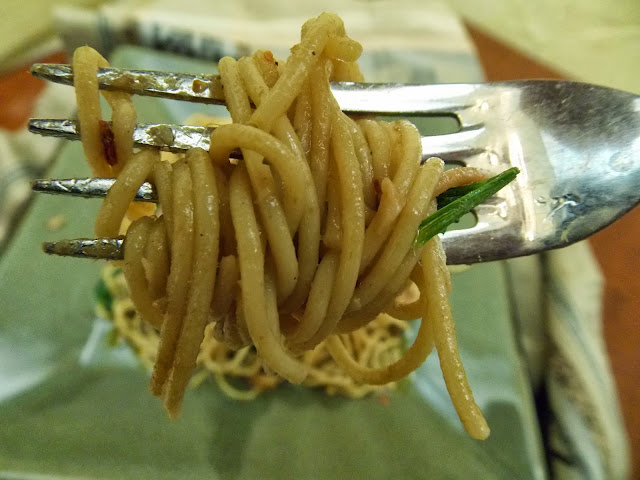Just when there's so much important information about Trans Fat...Sat. Fat...and of course we have been involved with the Low-Fat...Low Carb food education; I think the best way is to be informed, involved, but don't let it make you crazy to follow and go overboard on either one. Be sensible and know your food products which are good, or bad for you.
Linking to: Asian Food Fest @ frozen wings
Trans fat can impact your heart more than any type of
fat
As saturated fats are found in animals products, use lower-fat version dairy such as 1% or skim milk instead of whole milk. Trim visible fats and skins from meat products. Source: LOW FAT BASICS...LOW FAT COOKING (and various health related sources from the Internet)
Linking to: Asian Food Fest @ frozen wings
No matter how many calories you eat per day, the amount of trans fat you
should eat remains constant: as little as possible. Since avoiding trans fats
altogether is difficult, the American Heart Association recommends that no more
than 1 percent of your daily calories come from trans fats. On an 1,800-calorie
diet, you should consume no more than 18 calories per day in the form of trans
fats. Since fat contains 9 calories per gram, this equals 2 grams of trans fat
per day.
THE BAD FATS
Trans fats can often be found in processed foods made with partially hydrogenated vegetable oils such as vegetable shortenings, some margarines (especially margarines that are harder), crackers, candies, cookies, snack foods, fried foods, and baked goods.
Saturated fats raise total blood cholesterol as well as LDL cholesterol (the bad cholesterol). Saturated fats are mainly found in animal products such as meat, dairy, eggs and seafood. Some plant foods are also high in saturated fats such as coconut oil, palm oil and palm kernel oil.
Avoid using cooking oils that are high in saturated fats and/or trans fats such as coconut oil, palm oil or vegetable shortening. Instead, use oils that are low in saturated fats and high in monounsaturated and polyunsaturated fats such as canola oil, olive oil and flax seed oil.
Minimize using commercially packaged foods which are high in trans fats. Always read labels to look for trans-fat free alternatives.
THE BAD FATS
Trans fats can often be found in processed foods made with partially hydrogenated vegetable oils such as vegetable shortenings, some margarines (especially margarines that are harder), crackers, candies, cookies, snack foods, fried foods, and baked goods.
| Trans fats are invented as scientists began to "hydrogenate" liquid oils so that they can withstand better in food production process and provide a better shelf life. As a result of hydrogenation, trans fatty acids are formed. Trans fatty acids are found in many commercially packaged foods, commercially fried food such as French Fries from some fast food chains, other packaged snacks such as microwaved popcorn as well as in vegetable shortening and hard stick margarine. |
Saturated fats raise total blood cholesterol as well as LDL cholesterol (the bad cholesterol). Saturated fats are mainly found in animal products such as meat, dairy, eggs and seafood. Some plant foods are also high in saturated fats such as coconut oil, palm oil and palm kernel oil.
Avoid using cooking oils that are high in saturated fats and/or trans fats such as coconut oil, palm oil or vegetable shortening. Instead, use oils that are low in saturated fats and high in monounsaturated and polyunsaturated fats such as canola oil, olive oil and flax seed oil.
Minimize using commercially packaged foods which are high in trans fats. Always read labels to look for trans-fat free alternatives.









